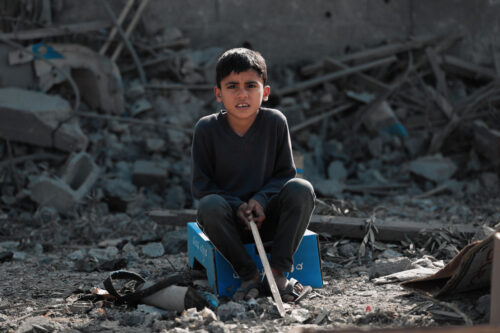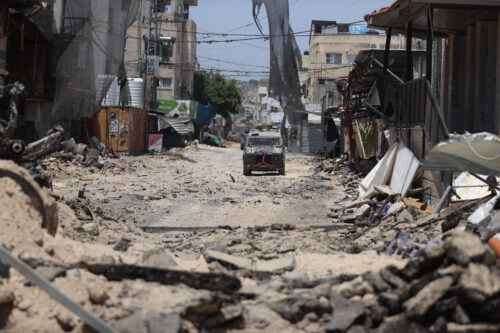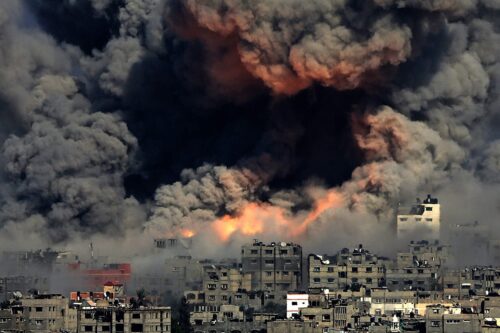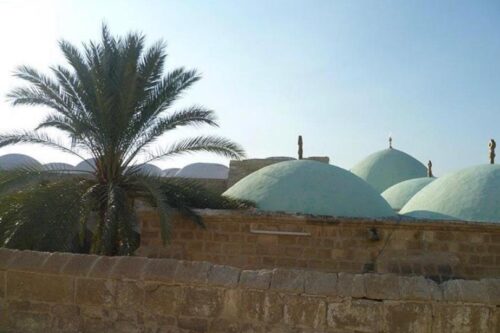Remembering the Sabra & Shatila massacre – 16-18 September 1982
Tuesday 16th September 2014 will mark the 32nd anniversary of the Sabra and Shatila massacre which occurred between 16-18 September 1982, when hundreds of Phalangists (a Lebanese Christian militia) entered Sabra and Shatila refugee camps in Beirut.
Up to 3,500 Palestinian refugees were murdered, mostly children, women and the elderly.
The Israeli forces facilitated the massacre by blocking the camps’ exits and firing illuminating flares over the camps. Ariel Sharon, the Minister of Defense at the time, was forced to resign after an Israeli Commission of Inquiry declared him to be “personally responsible” for “ignoring the danger of bloodshed and revenge” and “not taking appropriate measures to prevent bloodshed”[fusion_builder_container hundred_percent=”yes” overflow=”visible”][fusion_builder_row][fusion_builder_column type=”1_1″ background_position=”left top” background_color=”” border_size=”” border_color=”” border_style=”solid” spacing=”yes” background_image=”” background_repeat=”no-repeat” padding=”” margin_top=”0px” margin_bottom=”0px” class=”” id=”” animation_type=”” animation_speed=”0.3″ animation_direction=”left” hide_on_mobile=”no” center_content=”no” min_height=”none”][1].
In December 1982, the UN General Assembly declared the massacre to be an act of genocide. Despite heavy criticisms of his role in the massacre, Ariel Sharon’s career didn’t end. He held four ministerial posts before becoming Prime Minister of Israel from 2001 to 2006.
Calculate your Zakat
Confused about how to calculate your Zakat? Try our simple-to-use calculator




